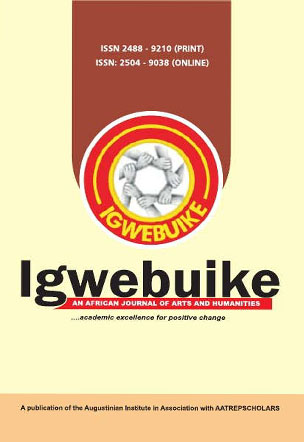
Vol. 10 No. 1, 2024
ABSTRACT
This paper examines Karl Marx's theory of dialectical materialism and its implications for sustainable development. Dialectical materialism is a way of understanding reality; whether thoughts, emotions, or the material world. The term development connotes implicitly the transformation of the society economically, politically, and socially such that the inhabitants of a particular enclave have substantially improved welfare and living conditions. The traditional view of development is centered on high gross domestic product, gross national product, per capita income and high level of industrialisation. The aim of the study is to extrapolate the values of dialectical materialism in the explanation of sustainable development as a human centered concept. Through the application of the method of critical analysis of textual and relevant materials, the paper reveals that for development to be truly sustainable it has to be centered on the progressive interest of the people. Since dialectical materialism tends to examine the material cum ideological phenomenon of human existence, enduring development becomes a pivot and the root of human existence. It shows also, the process of social transformation in human society. In an attempt to articulate endurable process of sustainable development, Marxian theory of dialectical materialism is then recommended to serve as a nexus and explanatory model for human centered development in the society.
